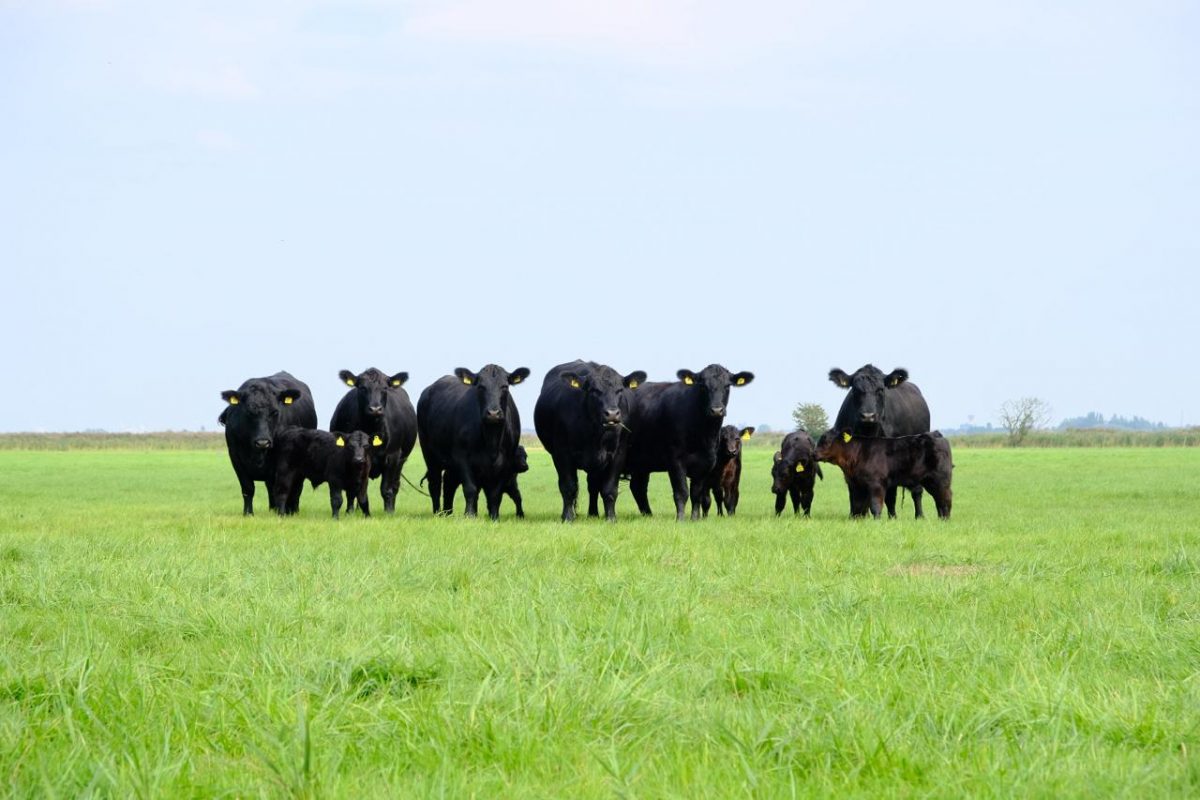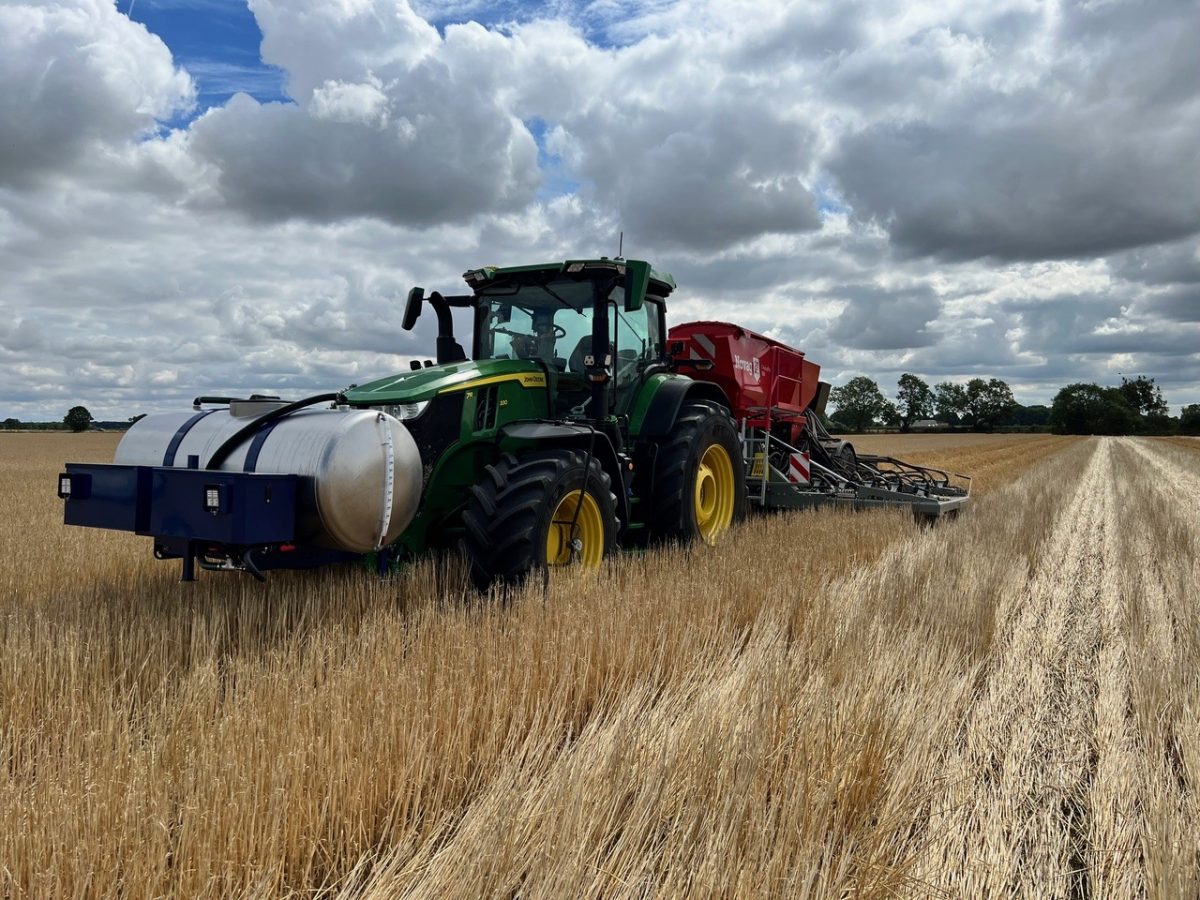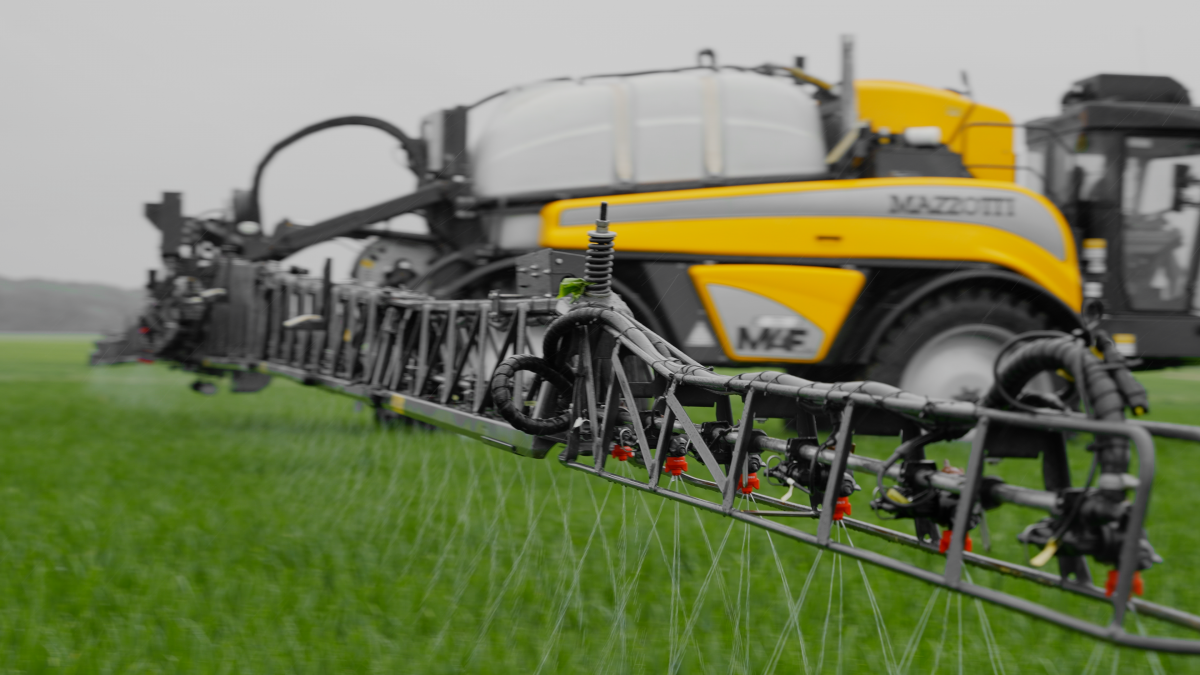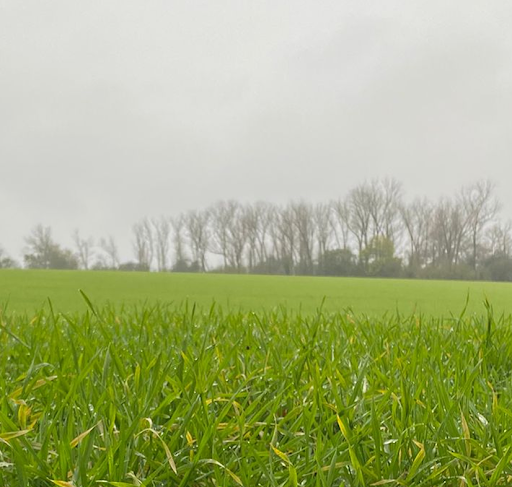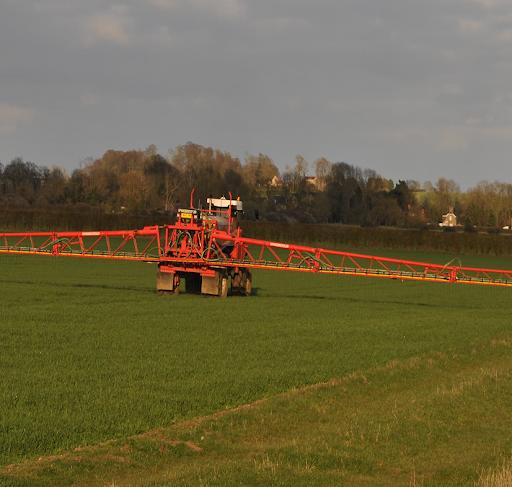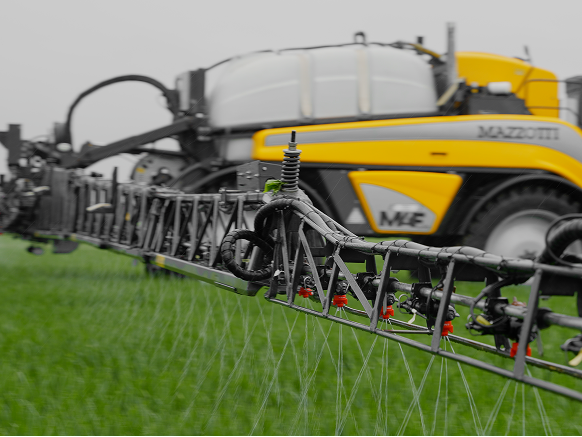When it comes to producing high-quality grass for grazing or silage, fertiliser application rates for grassland matter more than ever. With rising input costs, regulatory pressure, and tighter margins, British farmers need to get more from every litre of nutrient applied — without wasting a drop. This guide explores optimal nitrogen and sulphur application rates for grassland, offering real-world guidance to help you improve yields, boost nutrient efficiency, and stay compliant.
Why Grassland Fertiliser Strategy Is Changing
Grassland now plays a central role in sustainable farming systems, whether you’re managing intensive grazing, producing silage, or integrating livestock with arable rotations. But the days of blanket nitrogen application are behind us. Instead, farmers are moving toward data-driven, tailored nutrient strategies that:
- Improve nitrogen use efficiency (NUE)
- Minimise environmental losses (ammonia, nitrate leaching)
- Maximise dry matter output per hectare
- Support consistent regrowth for multi-cut systems
The Nitrogen-Sulphur Partnership
Recent trials and field experience confirm what many agronomists already know: sulphur is the limiting factor in many UK grassland systems. Without it, nitrogen uptake and protein conversion suffer — and so does forage quality.
Nitrogen (N) drives leaf growth and overall sward density.
Sulphur (S) is essential for protein synthesis and chlorophyll development.
Over 85% of UK grassland soils are now sulphur-deficient, primarily due to declining atmospheric deposition.
Recommended Fertiliser Application Rates for Grassland
| Nutrient | Grazing Land (kg/ha) | Silage Land (kg/ha) |
| Nitrogen (N) | 30–60 per rotation | 70 –100 first cut, reducing thereafter for multicut |
| Sulphur (SO₃) | 20–30 per rotation | 40 before each cut |
Notes:
- Apply lower N rates early in spring or when using slurry integration.
- Ensure at least 20 kg SO₃ per cut to avoid hidden sulphur deficiency, even where organic manures are used.
- Adjust according to soil tests, growth stage, rainfall forecast, and according to annual DM yield targeted.
Why Liquid Fertiliser Makes Sense for Grassland
Liquid fertiliser offers clear operational and agronomic benefits over traditional granular systems:
- Precision delivery, including accurate application on field margins
- Flexibility for mid-season adjustments
- Ease of integration with slurry, digestate or foliar treatments
- Compatible with dribble bars or hose booms for minimal leaf scorch
Sprayer setups typically deliver 20–25 hectares per fill when optimised.
AdvaNShield: Stay Efficient and Compliant
DEFRA’s Option 4 regulations now require urea-based fertilisers to include urease inhibitors between April 1st and January 14th. Nitrasol’s AdvaNShield range offers built-in or mixable solutions that:
- Cut ammonia loss by over 50%
- Improve yield and NUE (up to 7.4% yield increase in trials)
- Ensure compliance without operational disruption
Grassland Fertiliser: ROI Snapshot
| Input | Impact |
| +30 kg N/ha | 1.0 – 1.5 t DM/ha in grazing yield |
| +40 kg SO₃/ha | 15–20% improvement in crude protein |
| Inhibited fertiliser use | 4.5% improvement in nitrogen efficiency |
With feed prices remaining volatile, improving grass quality is a direct profit lever. Every extra tonne of home-grown dry matter reduces purchased feed costs.
Final Tips for Application Success
- Calibrate all sprayers and equipment before the first application
- Avoid application before heavy rain — nitrogen losses increase rapidly
- Apply early morning or late afternoon for foliar absorption efficiency
- Where using slurry, time N+S fertiliser at regrowth stage, not immediately after application
Want to Optimise Your Grassland Programme?
Nitrasol offers high-performance liquid N+S solutions, including:
- 30N+10SO₃ for high-protein grazing
- AdvaNShield-stabilised blends for compliance and sustainability
- Flexible delivery and tailored regional advice
Speak to your local Nitrasol manager today for help planning your application strategy.

